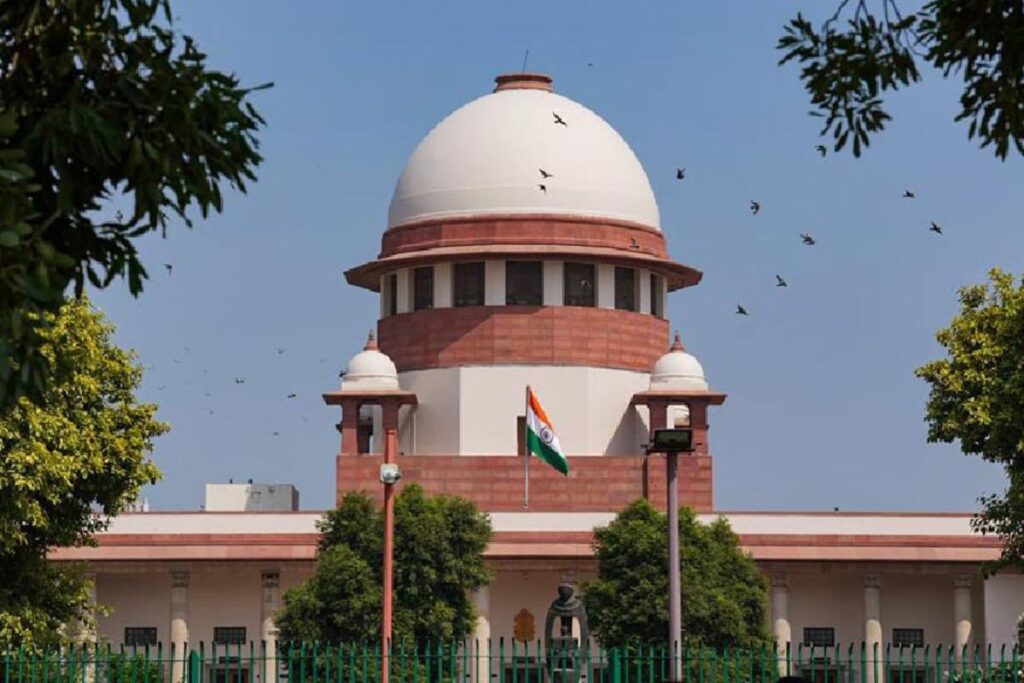On 24th February 2025, the Supreme Court of India has issued a stay on the Allahabad High Court’s Division Bench ruling concerning the Prevention of Money Laundering Act (PMLA), following arguments that the order violated core statutory provisions and constitutional principles. The challenge was spearheaded by renowned Supreme Court Advocate Ashish Deep Verma, who contended that the High Court’s decision was inconsistent with the intent and framework of the PMLA, particularly in relation to Sections 8(5) and 8(6) and the operative provisions of Section 8(8).
At the heart of the argument was the assertion that the second proviso of Section 8(8) effectively conflicts with the rights enshrined in Sections 8(5) and 8(6). Verma forcefully argued that “a person should not be considered ‘convicted’ before charges are even framed in a trial.” He underscored that this principle is fundamental to the rule of law and due process, ensuring that individuals are not prematurely subjected to punitive consequences without a fair hearing.
The Supreme Court was also apprised of the fact that the Allahabad High Court had issued its order without the requisite procedural safeguards, raising concerns that individuals could be wrongfully treated as convicted without a formal charge or trial. Verma stressed that such an approach undermines the very foundation of criminal jurisprudence and violates constitutional guarantees. He termed the High Court’s order “ultra vires” beyond its legal authority as it contravened the principles of fairness and due process embedded in the Constitution.
The Supreme Court Bench, comprising Justice M.M. Sundresh and Justice Rajiv Bindal, took cognizance of these critical concerns and decided to intervene. The Bench issued a notice and stayed the Allahabad High Court’s ruling, effectively putting the implementation of the contested order on hold. The Court is now set to conduct a detailed examination of the constitutional and statutory implications surrounding the issue.
This stay by the Apex Court marks a crucial turning point in the ongoing legal battle surrounding the interpretation and application of the PMLA. With the Supreme Court poised to weigh in on the balance between anti-money laundering regulations and fundamental rights, this case is expected to set a definitive precedent on the intersection of criminal law, constitutional safeguards, and financial regulatory mechanisms in India.
Case Name: Asif Naseem v. Union Of India & Ors.
Diary Number: 5578/2025
Bench: Justice M.M. Sundresh and Justice Rajiv Bindal
Click here to access the Re-Checking Letter.
Click here to access the Order.
Instagram: Click here.
LinkedIn: Click here.
For Collaboration and Business: info.desikaanoon@gmail.com

